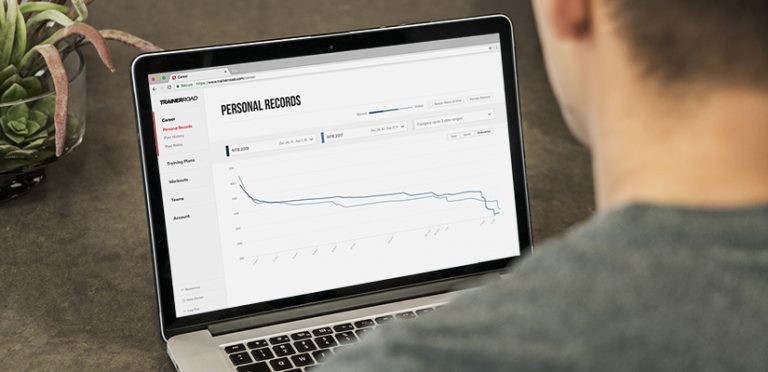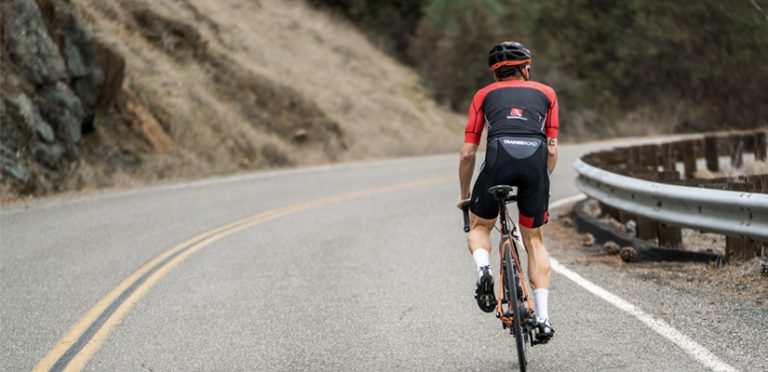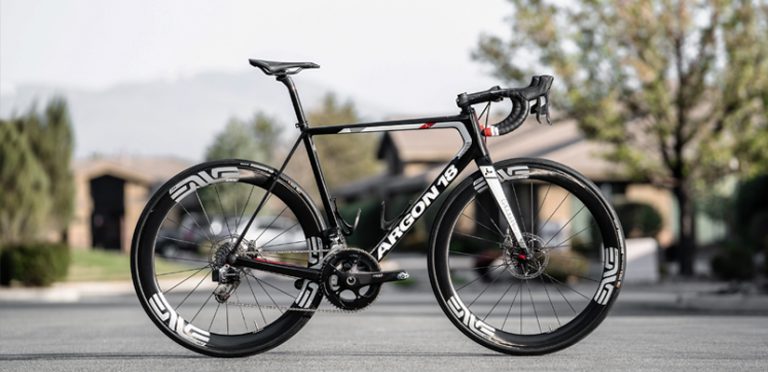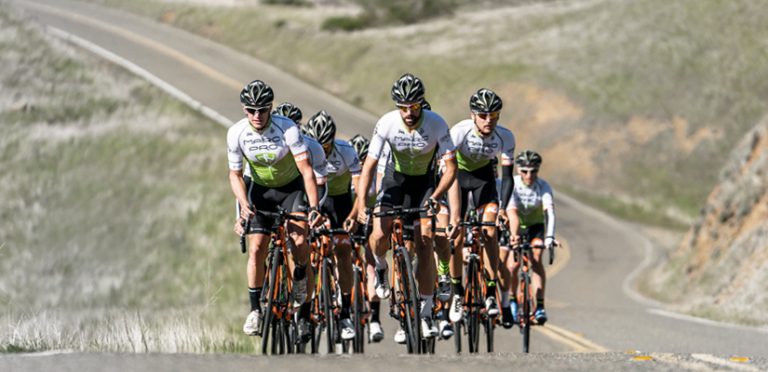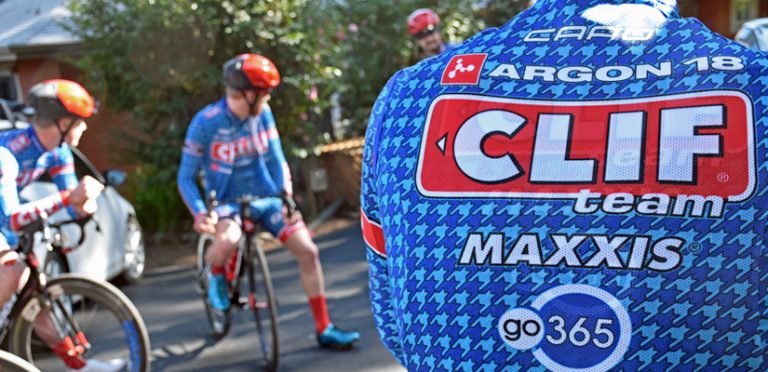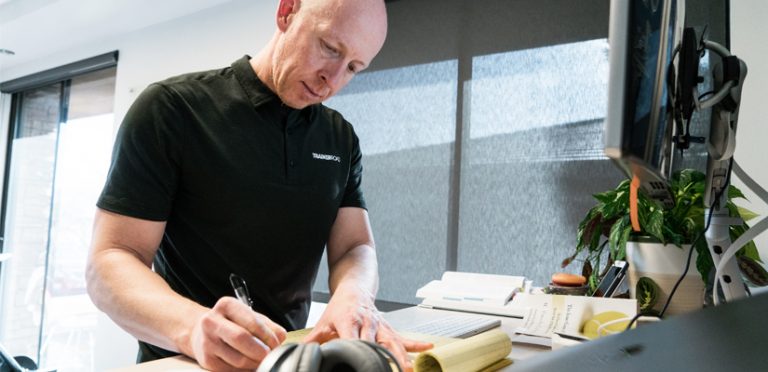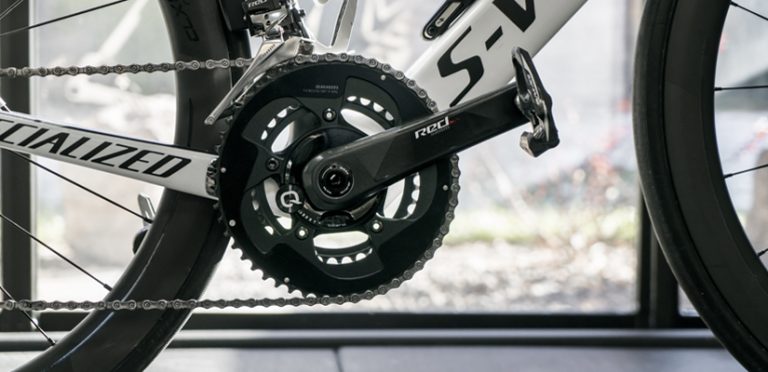Performance Analytics joins your indoor and outdoor ride data into a set of tools designed to make you faster while leaving out the bloat. This post is dedicated to Personal Records (PRs). Personal Records = Personal Wins Power-based Personal Records are my favorite kind of feedback. It doesn’t matter who showed up to the race,…
